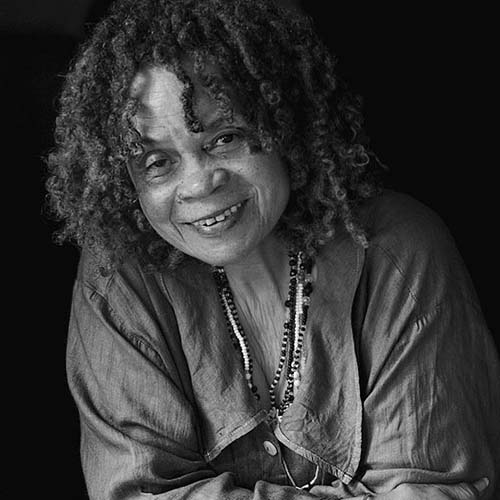This is not a small voice
you hear this is a large
voice coming out of these cities.
This is the voice of LaTanya.
Kadesha. Shaniqua. This
is the voice of Antoine.
Darryl. Shaquille.
Running over waters
navigating the hallways
of our schools spilling out
on the corners of our cities and
no epitaphs spill out of their river mouths.
This is not a small love
you hear this is a large
love, a passion for kissing learning
on its face.
This is a love that crowns the feet with hands
that nourishes, conceives, feels the water sails
mends the children,
folds them inside our history where they
toast more than the flesh
where they suck the bones of the alphabet
and spit out closed vowels.
This is a love colored with iron and lace.
This is a love initialed Black Genius.
This is not a small voice
you hear.
Published:
1995
Length:
Regular
Literary Movements:
Black Arts Movement
Anthology Years:
2021
2023
2024
Themes:
Education & Learning
Identity
Joy & Praise
Literary Devices:
Anaphora
a figure of speech in which words repeat at the beginning of successive clauses, phrases, or sentences
Anthimeria
the replacement of one part of speech for another, often referred to as a “functional shift.”
Apostrophe
an exclamatory passage in a speech or poem addressed to a person (typically one who is dead or absent) or thing (typically one that is personified)
Caesura
a break between words within a metrical foot
Metaphor
a comparison between two unrelated things through a shared characteristic
Personification
the attribution of human qualities to a non-human thing
Repetition
a recurrence of the same word or phrase two or more times

